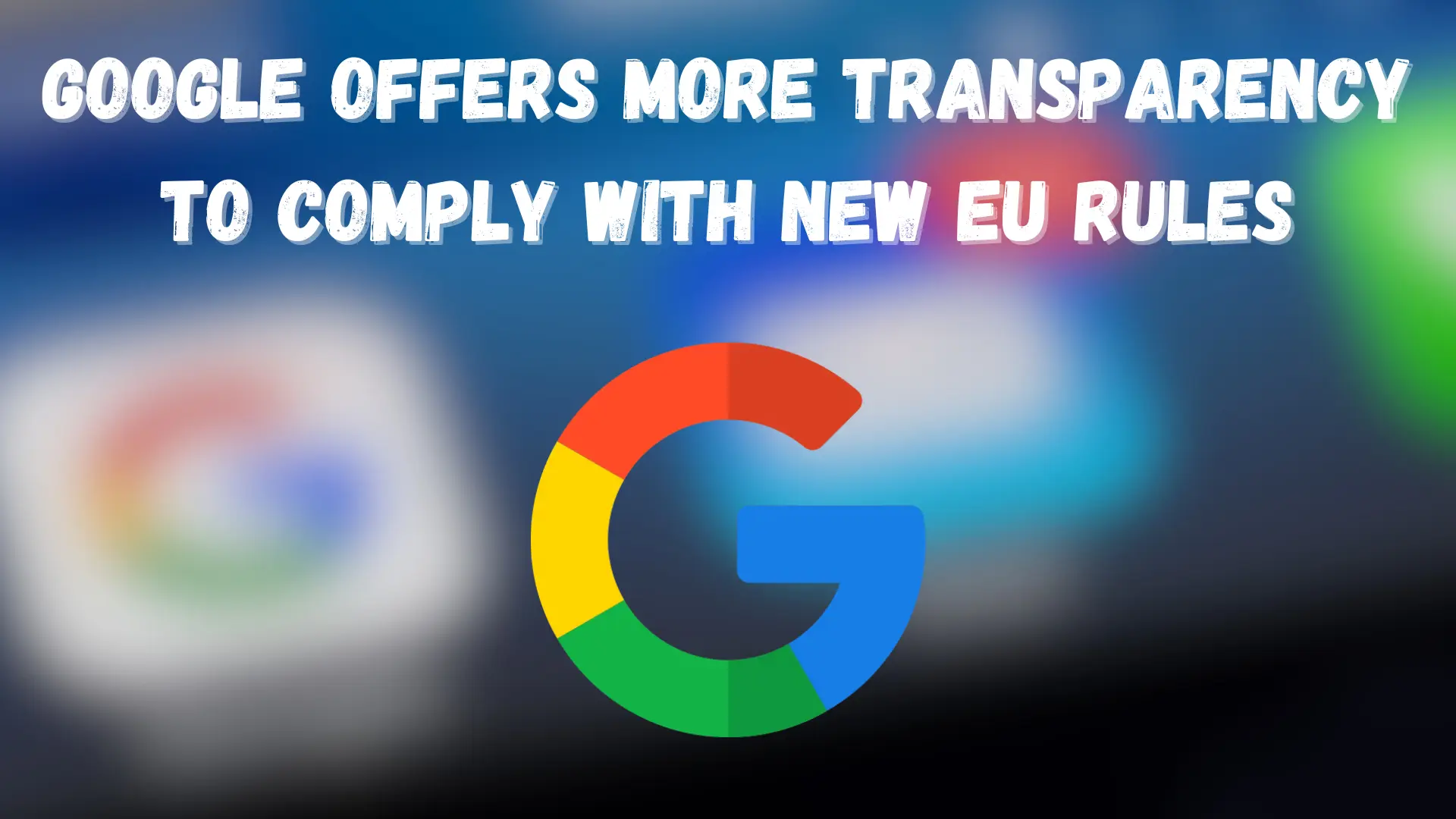Google Offers More Transparency to Comply with New EU Rules
2 min. read
Updated on
Read our disclosure page to find out how can you help VPNCentral sustain the editorial team Read more

Google has unveiled plans to share more insights into the way it distributes targeted ads to users in the EU.
It will provide access to additional data and launch a new Transparency Center to comply with evolving rules in the European Union.
Google complying with new DSA regulations
With the new Digital Services Act or DSA already in effect, Google is making changes to some of its practices.
The new act puts more onus on platforms with more than 45 million users, with the best example being Google.
Those that violate or fail to comply with any of the new regulations could face fines of up to 6% of their worldwide annual turnover.
The EU first proposed the DSA in 2020, together with the Digital Markets Act (DMA). The act follows in the footsteps of the General Data Protection Regulation or GDPR.
However, while the GDPR focuses on privacy and data protection, the DSA’s job is to block illegal content and protect users’ rights.
The new DSA act was agreed by EU lawmakers after 16 hours of negotiating back in April.
To make sure Google doesn’t face any penalties, the company will now allow users to learn even more about its services.
Its Ads Transparency Center first arrived earlier this year. Now, the company is expanding it to offer even more information.
The goal is to let users learn more about the ads they’re seeing and why they’re showing up.
To offer even more insight into its operations, Google has now launched another Transparency Center. It provides extra information on content moderation and shares risk assessments.
The company will also offer more data to help users and researchers learn how Google works in practice. This will include services like Google Search, YouTube, Google Maps, Google Play, and Shopping.
The new regulations also limit the amount of sensitive data companies can use for ad targeting.
Google said that it already has a long-standing policy that prevents advertisers from using information such as race, religion, and sexual interests for the purpose.
It also doesn’t allow personalized ads to be shown to users below the age of 18.
With the arrival of the new DSA regulations, more companies, such as Meta, TikTok, and Snap have announced they’ll be making changes in their approach.
Conversely, Amazon and Zalando have responded by challenging their inclusion on the list of companies that must comply.







